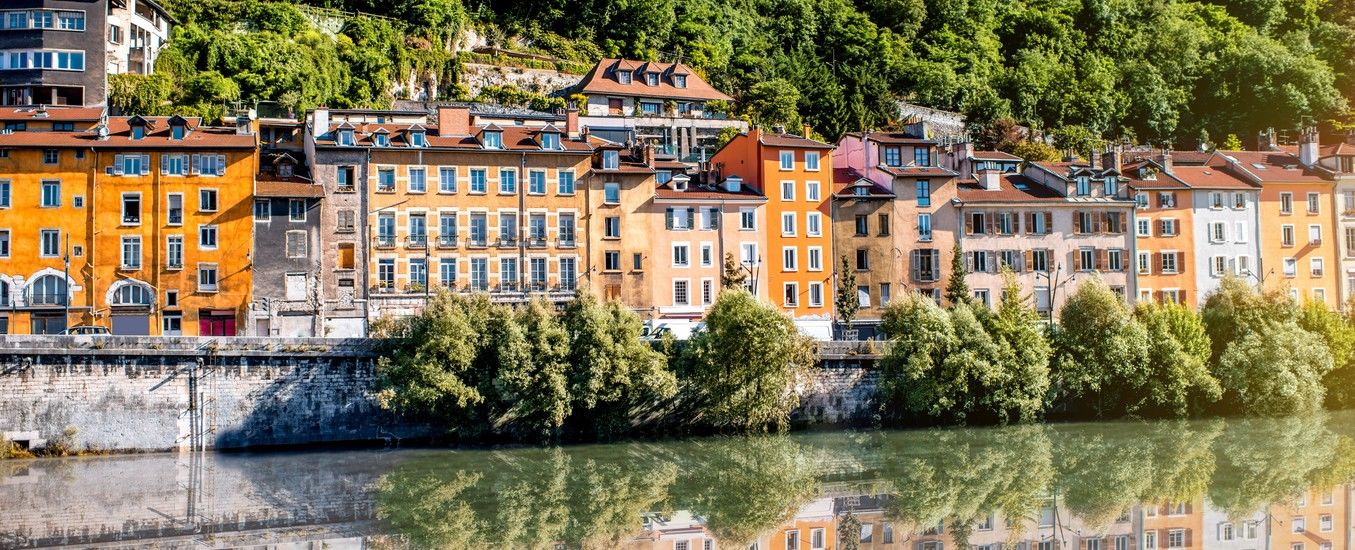
Grenoble's PLU was modified in 2017 and the PLUi of Grenoble Métropole approved in 2019
Grenoble's Local Urban Plan (PLU) was approved more than 15 years ago and has undergone several changes, including an update in 2015 and a modification in 2017. The intercommunal Local Urban Plan (PLUi) of Grenoble-Alpes-Métropole has been in force since the end of 2019.
Often referred to as the " capital of the Alps", Grenoble is the third largest city in the Auvergne-Rhône-Alpes region behind Lyon and Saint-Étienne. The city experienced strong economic growth during the Trente Glorieuses period and hosted the Winter Olympics in 1968. Grenoble is now recognised as a major European scientific centre, which attracts many students wishing to train in this discipline.
The height of buildings authorised in the town centre is up to 30 metres (i.e. R+8) and the ground surface area is not regulated. Some plots are unbuildable.
The mayor of Grenoble, Mr. Eric PIOLLE, is surrounded by Mr. Vincent FRISTOT, deputy town planner
The social housing rate in the city is 16%.
The city of Grenoble has a large number of reserved sites, notably in the Capuche-Alliés, Teisseire and Eaux-Claires districts in the south of the city. This is also the case in the Île Verte district, in the north-east of the city, and in the vicinity of the A480 motorway.
The municipality has authorised some fifty building permits , most of which are for collective housing .
READ ON THE BLOG
The land development in Grenoble presents many opportunities.
Are you a real estate professional?
Test Kel Foncier for free on kelfoncier.com/test-gratuit to identify land project opportunities revealed by Grenoble's Local Urban Plan.
Real estate professionals, contact pro@kelfoncier.com or directly at 01 84 60 28 84 to obtain test access to Kel Foncier.
The Kel Foncier team wishes you an excellent land development!